Vitamin B12
Flower raising efficacy:
Hua Hua went to her friend's house a few days ago and found a pile of vitamin B12 tablets in her house. She thought it was for her to eat, but she didn't know it was for Hua until she asked! Her flowers are fed with vitamin B12, which can not only promote rooting, but also prevent rotten roots. The leaves are especially green and bright
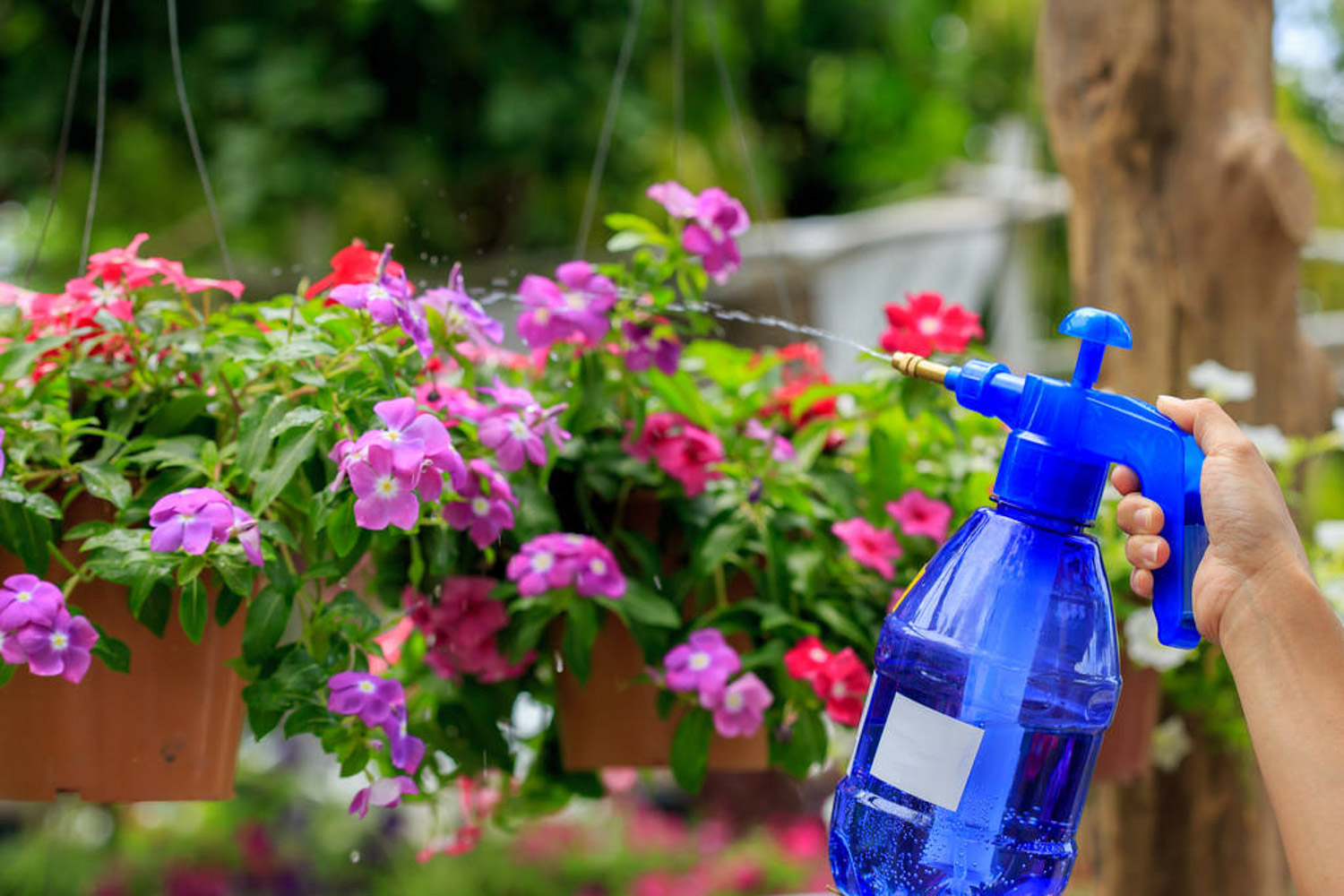
Usage:
1. Promote rooting
When cutting flowers, the most afraid thing is that they don't take root. After all, once they don't take root, all the previous efforts are in vain. At this time, we can crush one tablet of vitamin B12, and then mix it with clean water in the ratio of 1:2000 to form vitamin B12 solution
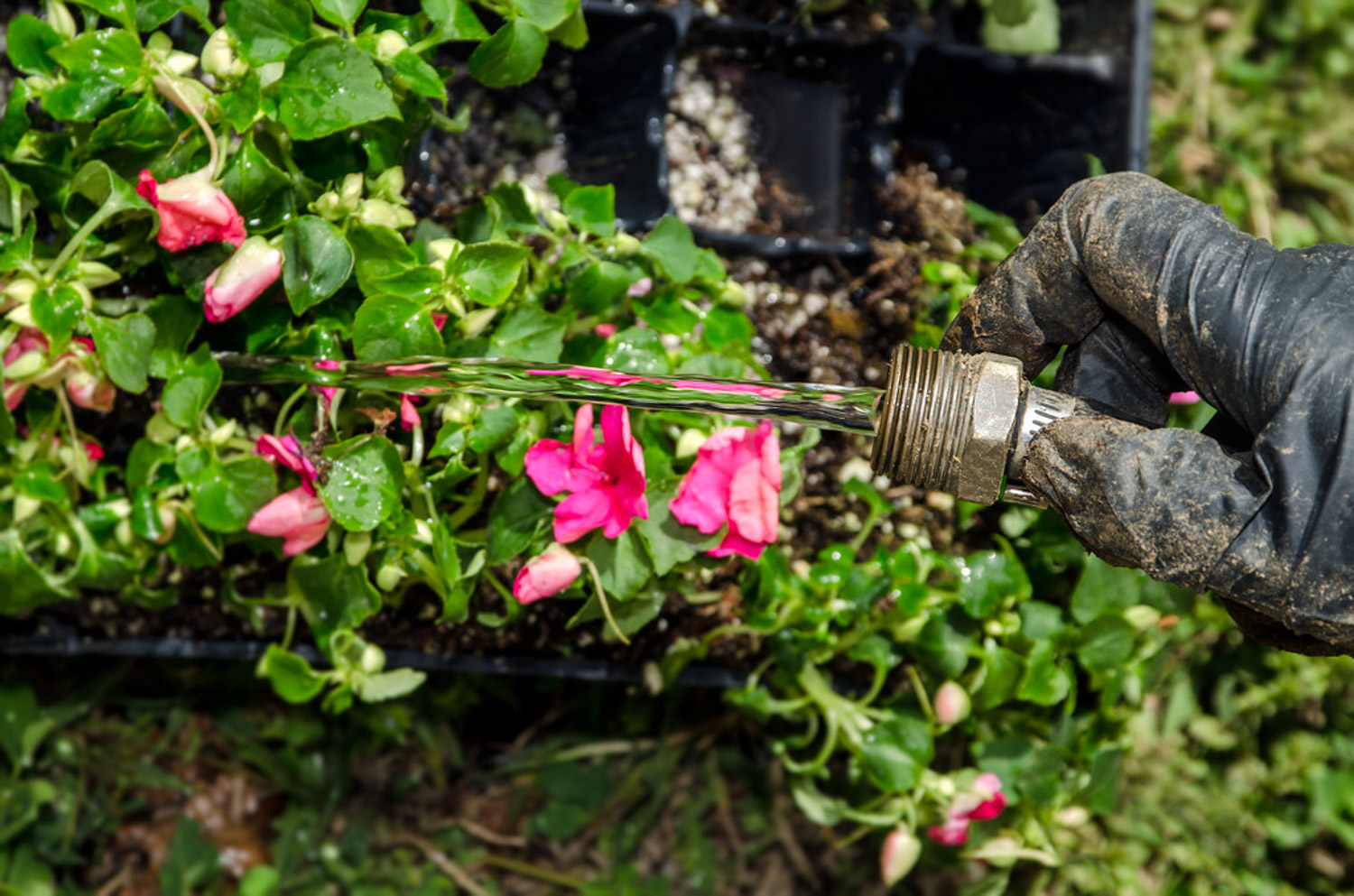
Soak the cuttings in vitamin B12 solution for about 20 minutes, so as to promote the cell division of cuttings and enable cuttings to take root as soon as possible
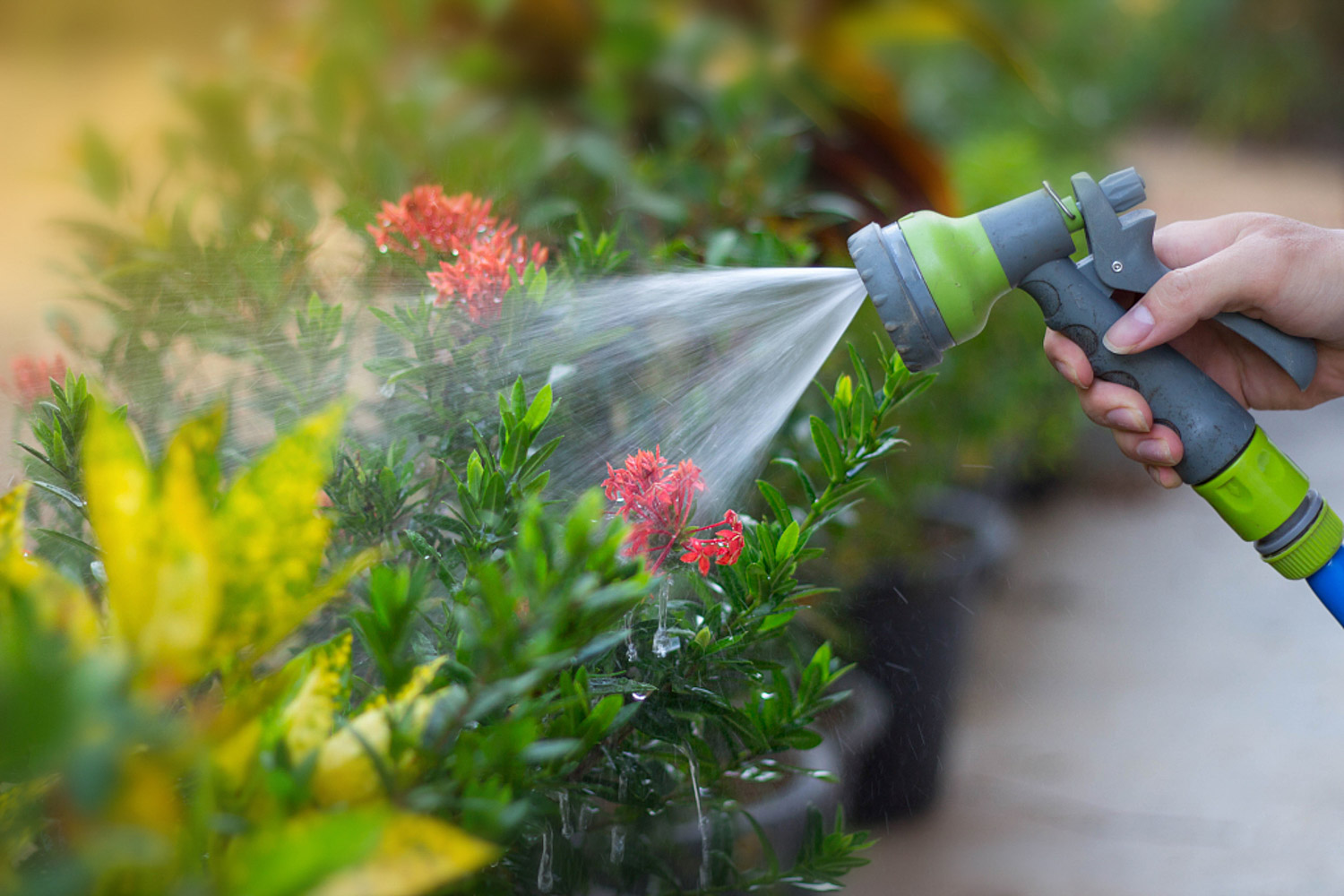
2. Treatment of rotten roots
After the rotten roots of the flowers at home, you can cut off all the rotten roots, and then soak the plants in vitamin B12 solution for about 10 minutes, so as to sterilize and promote the rooting of the roots, which is conducive to the regeneration of new roots after the rotten roots
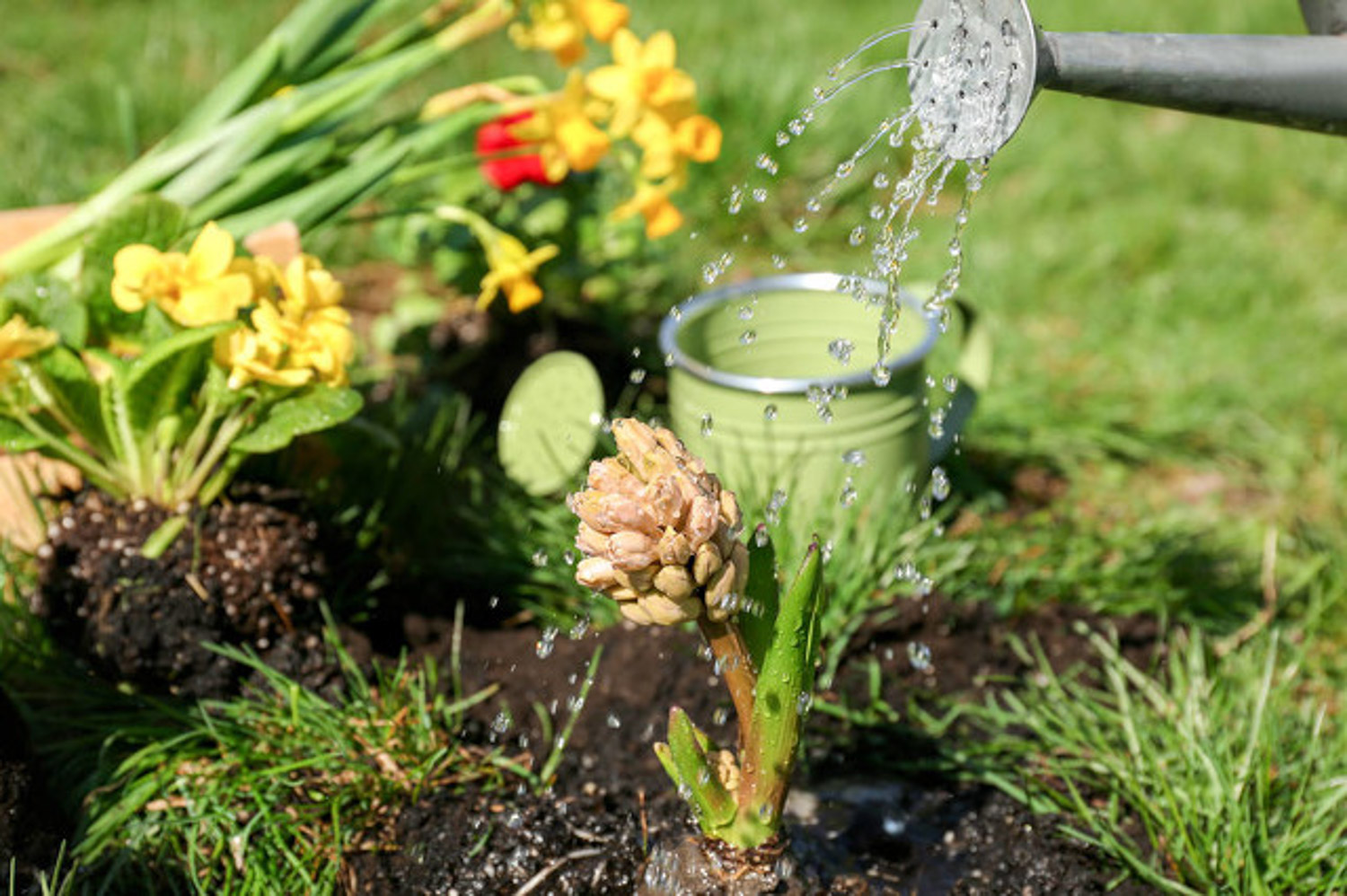
3. Prevent yellow leaves
After the flowers and yellow leaves at home, you can crush a piece of vitamin B12 and mix it with clean water in the ratio of 1:2000 into a solution. Then you can irrigate the roots or spray the leaf surface of the yellow leaf flowers, which can make the plants grow stronger and the leaves are dark green without yellowing
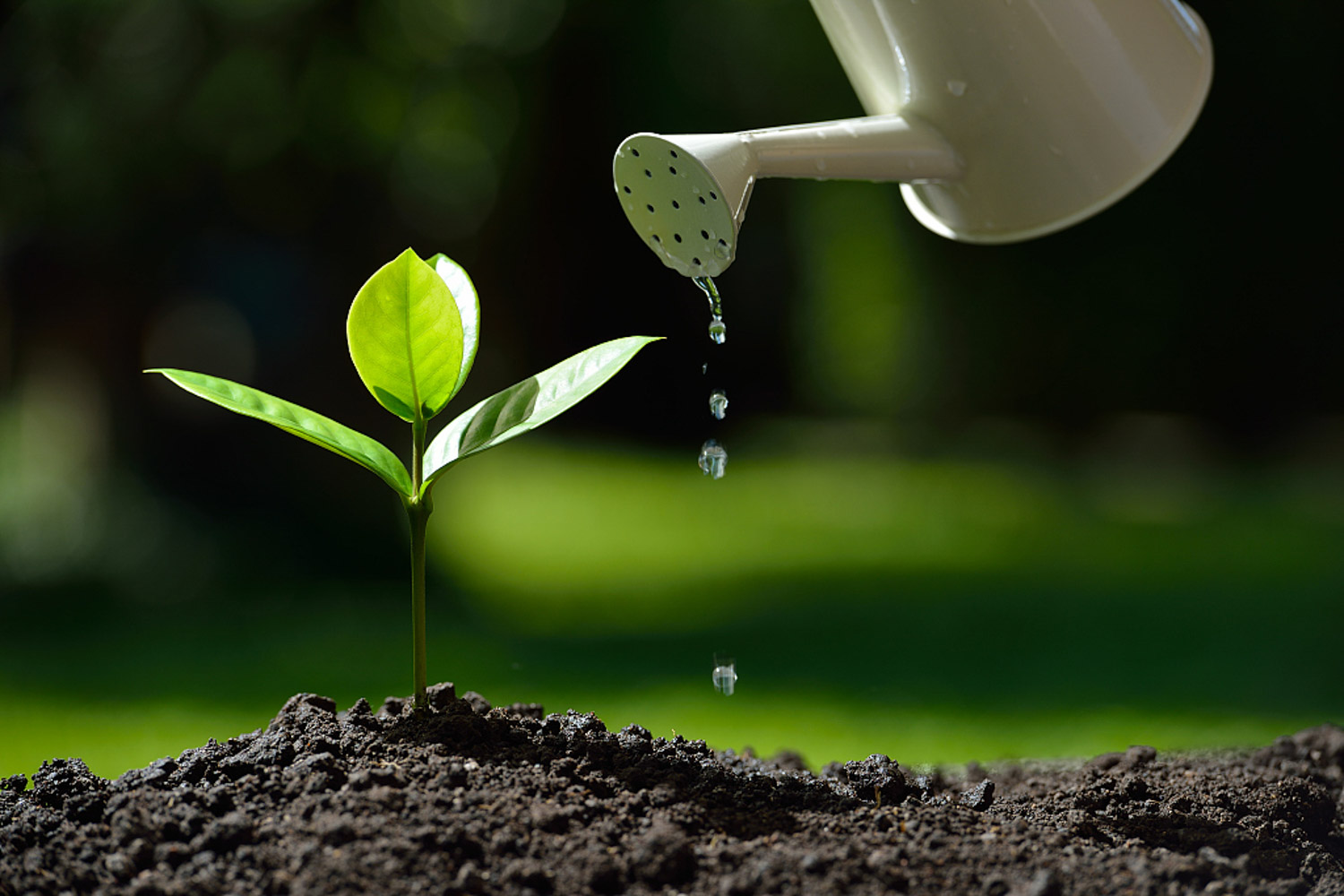
Vitamin C
Flower raising efficacy:
There are a lot of vitamin C in Huahua's family, many of which have expired, because Huahua really can't eat it! However, vitamin C is good for raising flowers. It will show weak acidity when dissolved in water. This acid is very useful for jasmine, gardenia and other flowers who like acidic soil. In addition, vitamin C can also remove chlorine from water and make water cleaner
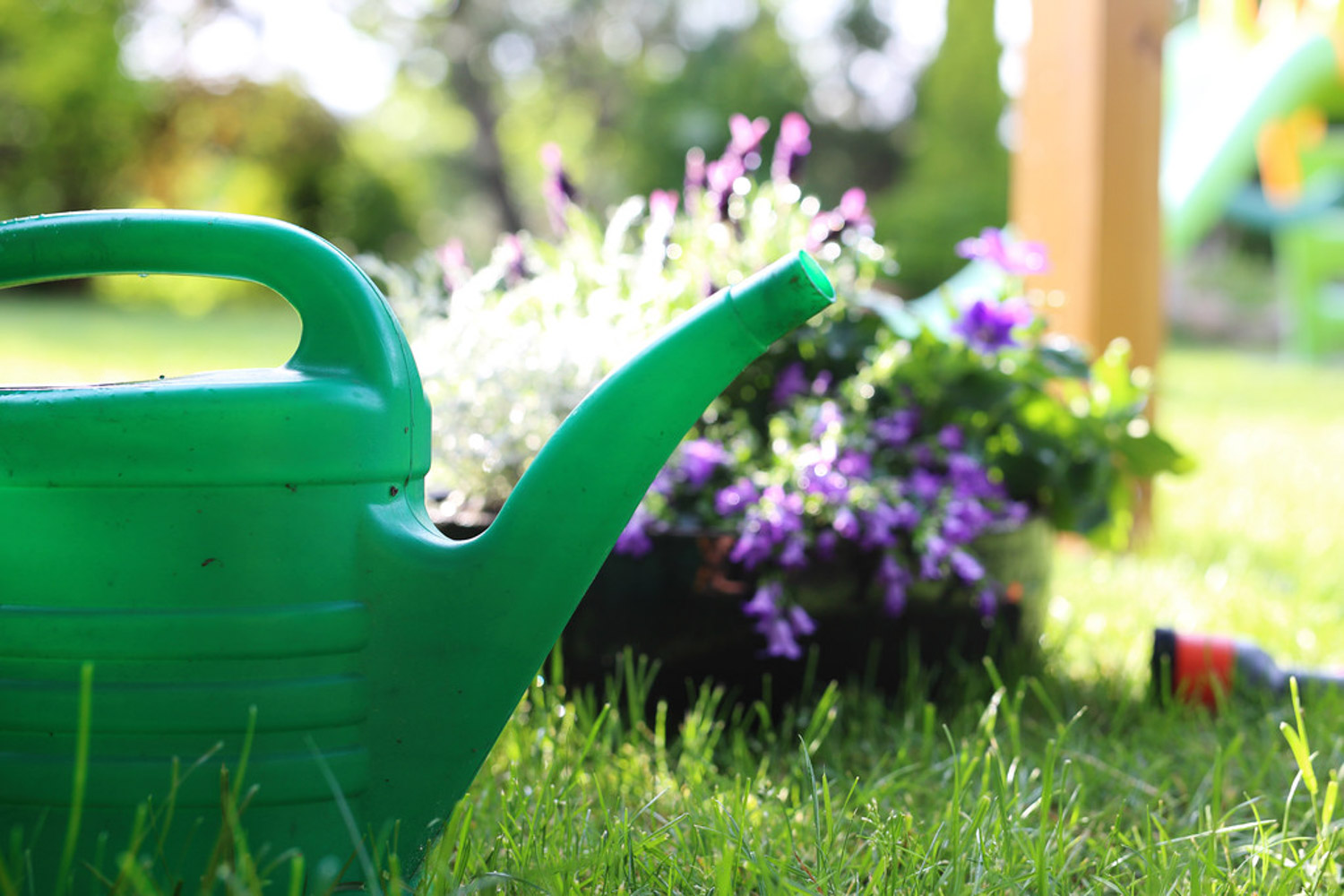
Usage:
1. Regulate soil pH and prevent yellow leaves
After one vitamin C tablet is fully crushed, pour it into clean water and stir it, so that vitamin C can be completely dissolved in water. It can not only directly water the flowers and adjust the pH of the soil, but also avoid the possibility of yellow leaves for those flowers that lack acid. Gardenia, jasmine, azalea and Camellia can be used

2. Remove chlorine in water
Every time Huahua turns on the tap, she can smell a smell of chlorine, which makes Huahua unbearable, let alone watering the flowers with such water. At this time, we can first put the water for watering the flowers in the bucket, and then throw a vitamin C tablet into the water to fully dissolve it, remove the chlorine in the water, and then water the flowers
Metronidazole
Flower raising efficacy:
Metronidazole has the function of sterilization and antisepsis, especially for those flowers with rotten roots, the effect of sterilization and disinfection is very good. If you ask me what metronidazole is, like Huahua, people who often have toothache must know, because Huahua has this for toothache

Usage:
1. Kill anaerobic bacteria to prevent hydroponic odor
Huahua hydroponically cultivated a pot of green pineapple. When I went out a few days ago, I crushed a piece of metronidazole and put it in the hydroponics bottle. As a result, when I came back a month later, I found that the water in the hydroponics bottle didn't smell at all. This effect is really great! What's the reason? After all, metronidazole can kill anaerobic bacteria and make the water in the hydroponic bottle cleaner without bacteria

2. Sterilization and disinfection to prevent root rot
Once the rotten roots of flowers are found at home, it is necessary to remove them from the pot, clean up the rotten roots, crush one metronidazole tablet, mix it with clean water in the proportion of 1:200, and then put the trimmed roots in, soak them for 30 minutes, dry them, and then put them in the pot again. It is not easy to rotten roots

Ferrous sulfate tablets
Flower raising efficacy:
When Huahua was a child with iron deficiency anemia, the doctor once prescribed ferrous sulfate tablets to Huahua, saying it had the effect of iron supplement, but Huahua always didn't like to eat them. Therefore, the expired tablets were used by her mother to raise flowers, which can not only regulate the pH of the soil, but also avoid yellowing of leaves, which is better than people

Usage:
1. Regulate soil pH and prevent yellow leaves
Generally, gardenia, jasmine and other flowers are easy to grow badly in the north, mainly because the basin soil is alkaline. At this time, one piece of ferrous sulfate can be crushed, mixed with clean water in the ratio of 1:1000, and directly irrigated with roots. After a long time, the soil is acidic and the phenomenon of yellow leaves disappears

2. Promote chlorophyll synthesis and make the flowers greener and brighter
Dissolve a piece of ferrous sulfate in water, mix it with clean water in the ratio of 1:500 to form a solution, and spray it towards the leaf surface with a watering can. The time is selected in the morning and evening when the weather is sunny. For better effect, you can also add some urea. Anyway, Huahua has persisted for several months for a long time, and the green rose at home can't stop

Aspirin
Flower raising efficacy:
Aspirin contains a lot of salicylic acid, which can effectively sterilize and disinfect, prevent bacterial infection, and increase cell division, so as to promote rooting and rapid growth of flowers. Huahua once wiped her face with aspirin, but she can also get rid of acne

Usage:
1. Protect roots
When you change pots and soil in autumn, or accidentally hurt the root system, you can use aspirin solution to protect the root system. Mixing 1 tablet of aspirin with water in the ratio of 1:1000, then soaking the root system for 3-5 hours, and then putting it into the basin can improve the survival rate

2. Promote rooting. It can be used as self-made rooting water
Before cutting, aspirin and water can be mixed into a solution according to 1:100, and then the cut cuttings can be soaked in aspirin solution, which can effectively promote rooting and improve the survival rate of cutting

3. Enhance orchid resistance
Aspirin can improve the immunity of orchids. Mix one aspirin tablet and clean water in the ratio of 1:2000 and put it in a watering can. Then spray the leaves every three months to make the orchid leaves greener and prevent the occurrence of orchid soft rot and black spot

Purple Potion
Flower raising efficacy:
Huahua was most impressed by the purple potion because she had chickenpox when she was young. Her mother wiped Huahua all over her body. Huahua didn't go out for several days. Therefore, the main effect of the purple potion is sterilization and disinfection

Usage:
1. Cutting corrosion prevention
When cutting, you can drop 3-5 drops of purple potion in the cutting water and mix it evenly, and then soak the cuttings in the purple potion solution for more than half an hour to play the role of sterilization and disinfection. In this way, it is not easy to rot the roots during cutting

2. Treat rotten roots and sterilize
Once the roots of the flowers in the house are rotten, we can cut off all the rotten parts, and then apply some purple Potion on the wound, so as to avoid the secondary decay of the rotten roots

Carbendazim
Flower raising efficacy:
In the career of raising flowers, carbendazim is like a panacea for sterilization and disinfection. The effect is very good whether it is to sterilize and disinfect flowers to prevent rotten roots or to mix it into the soil for sterilization and disinfection

Usage:
1. Soil sterilization and disinfection
Every time the flowers change pots and soil, they should be mixed with carbendazim for sterilization and disinfection, which can not only kill some bacteria in the soil, but also protect the flowers from various bacteria when they are in the pots

2. Protect leaves and control the spread of bacteria
For flowers such as roses, the leaves often have powdery mildew and leaf spot disease. At this time, we can mix carbendazim powder with water at 1:50, put it in a watering can and spray it on the leaves. We can regularly spray it 1-2 times a week to prevent the leaves from being infected with bacteria

3. Cutting disinfection
After cutting, in order to prevent cutting from becoming inactive due to bacterial infection of cuttings, we can mix carbendazim powder and clean water into a solution in the ratio of 1:50, and then soak cuttings in carbendazim solution for 20 minutes to play the role of sterilization and disinfection

Potassium permanganate
Flower raising efficacy:
A few days ago, Huahua ran out of carbendazim at home. It happened that there was a bottle of potassium permanganate at hand, so it was used to replace carbendazim. In fact, the effect of sterilization and disinfection is almost the same

Usage:
1. Prevention of sudden onset disease and bacterial wilt
Huahua's friend bought a pot of Petunia a few days ago and "drove the crane West" a few days later. Huahua looked that it was caused by bacterial wilt. The next time you encounter this situation, spray it with Potassium Permanganate 1:800 solution to prevent it from reaching 97%. p>

2. Prevent root rot and sterilize
After the rotten roots of flowers at home, cut off the rotten parts, and then soak them in 0.2% potassium permanganate solution for half an hour to sterilize the roots and effectively reduce the generation of secondary rotten roots


 how many times do yo...
how many times do yo... how many planted tre...
how many planted tre... how many pine trees ...
how many pine trees ... how many pecan trees...
how many pecan trees... how many plants comp...
how many plants comp... how many plants can ...
how many plants can ... how many plants and ...
how many plants and ... how many pepper plan...
how many pepper plan...



























